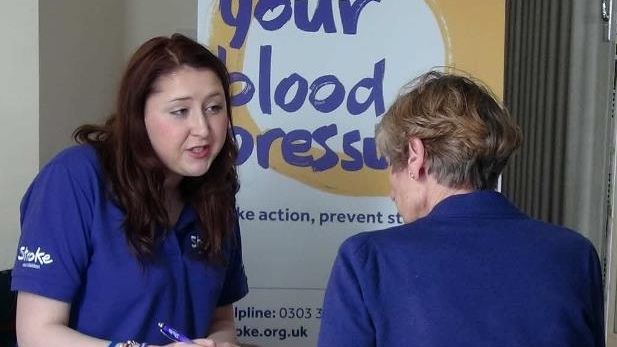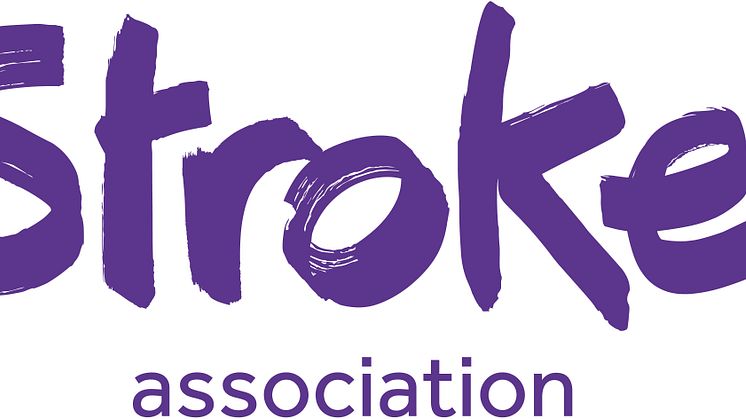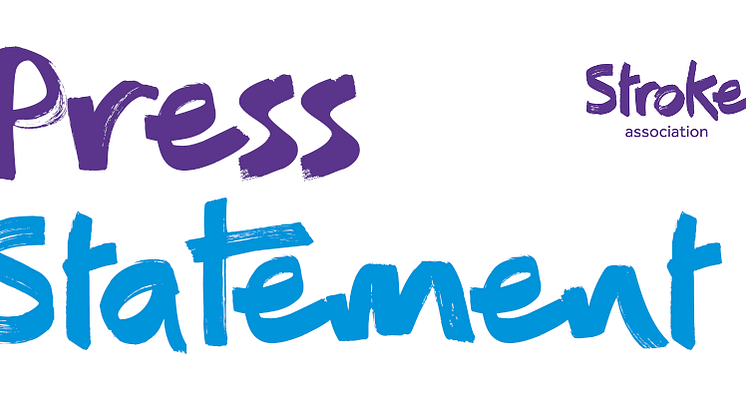Stroke Association statement on fitness levels in middle age
Adults in good physical shape are less likely to have a stroke in later life, research suggests

Adults in good physical shape are less likely to have a stroke in later life, research suggests

Scientists say that the harm caused by air pollution has been underestimated.

The latest findings from a study investigating stem cell therapies in stroke rehabilitation

10-year-old Georgia is taking on a 20km walk after her mum's friend died suddenly of a stroke.

New study investigates the use of aspirin to reduce the risk of stroke

Quentin Letts' offensive and prejudiced comments demonstrate that disability discrimination still exists

The Stroke Association welcomes and supports the updated stroke quality standard. We welcome the inclusion of a quality statement specifically on access to a clinical psychologist. We hope this additional support will help more people get the urgent psychological support they need when recovering from a stroke.

Ronnie’s passion for helping stroke survivors has been invaluable to the work of our charity, and he will be sorely missed by our staff and volunteers.

Oxfordshire County council has approved a budget proposal to make £69m of savings up to 2020, including £16,595 funding that the council provided to deliver the Stroke Association’s Communication Support Service in Oxfordshire.

The Stroke Association is supporting Salt Awareness Week which runs from 29 February – 6 March 2016. Current guidelines suggest we should be eating no more than about a teaspoon of salt a day but statistics show we are eating far more than we require. Eating large amounts of salt can cause high blood pressure which is the single biggest risk factor for stroke.

Nice has published updated guidelines on a clot-removing procedure called thrombectomy for patients who have had a stroke

A recent paper published in the BMJ queried the assessment of the ROCKET AF study that the drug Rivaroxaban is effective in reducing Atrial Fibrillation (AF) related stroke. The group who undertook the ROCKET AF study reviewed their data and have now published their finding in the New England Journal of Medicine that Rivaroxaban does not show any increased bleeding risk compared to warfarin.
